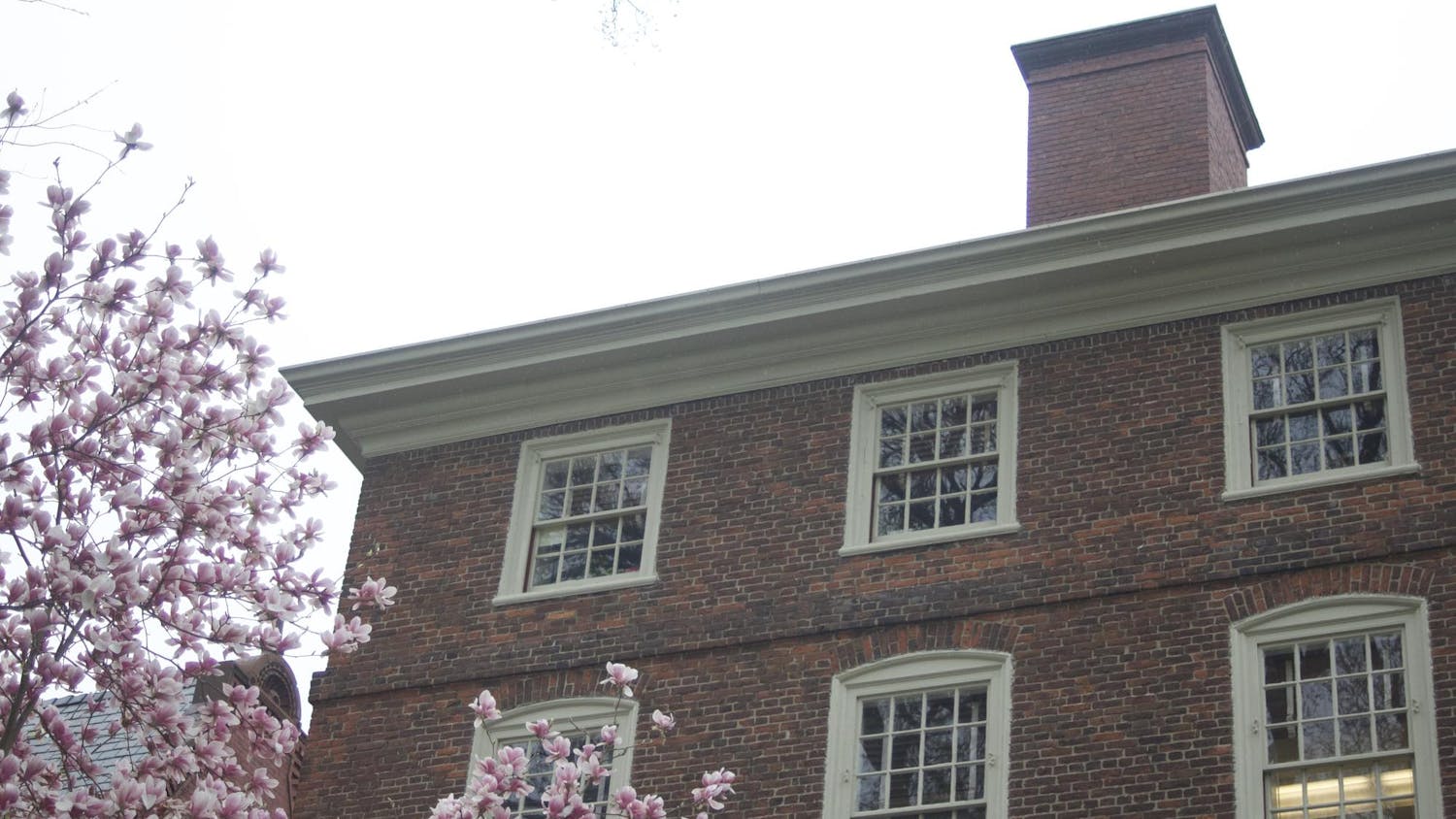"If there's any one enemy to humans creating or making love - or bouncing a basketball for that matter - it's self-consciousness," said author Andre Dubus to a crowd of about 25 people yesterday at a reading from his latest release, "Townie: A Memoir."
The reading and book signing, which were held at 4 p.m. in the English department building, were mostly attended by nonfiction writing students.
In her introduction of Dubus, Marie Myung-Ok Lee, lecturer at the Center for the Study of Race and Ethnicity in America, told the audience she heard about Dubus' memoir while it was still a work in progress during a 2009 conference and was immediately enthralled by the material.
"This is a memoir that has all the good elements of a memoir," she said. "It's also one of those times where someone has the consummate talent to pull it off."
The section Dubus read wove in brief anecdotes of his siblings and his aimless boyhood shaped by boredom and poverty.
After witnessing the assault of his younger brother, Dubus said he spent his late teens getting in bar fights with men whom he perceived were hurting women or weaker men. He said he wrote his first story the day before training for a Golden Gloves competition in Lowell, Mass. Dubus realized writing made him feel more alive than any drug he had ever taken and helped him quell his anger, he said.
But Dubus waited until after he was 50 years old to try writing a memoir that recounted his youth.
He said the scandal of James Frey's faked memoir "A Million Little Pieces" initially scared him away from the genre.
"That's unethical to me," he said. "The contract when you see the title 'memoir' between the reader and the writer is that it's factually accurate, at least through the emotions of the writer."
After deciding to make his memoir address the life of a bullied child dealing with poverty and an absent father, he let the story shape the arch of the narrative, he said.
Dubus warned writers against creating a strict outline before beginning to write. "You send a message to your subconscious that you don't trust it," he explained.
Dubus also said memoirs allow writers to skip questioning the actions in a story and spend more time asking, "What's it like?'"
"I wanted it to read like a novel," Dubus said.
Dubus, a New England native, played up his loud Massachusetts accent both for the entertainment of the audience and to portray the characters in his tale of growing up in a poor town in Merrimack Valley. He told the audience members, who asked insightful questions about his writing process, that they were "wicked smart."
Citing Faulkner as an influence, Dubus said that curiosity makes the best writing, not necessarily raw talent. He told the audience to focus on writing with the greatest depth possible, which he promised would transcend issues of cliches or publishing trends.




